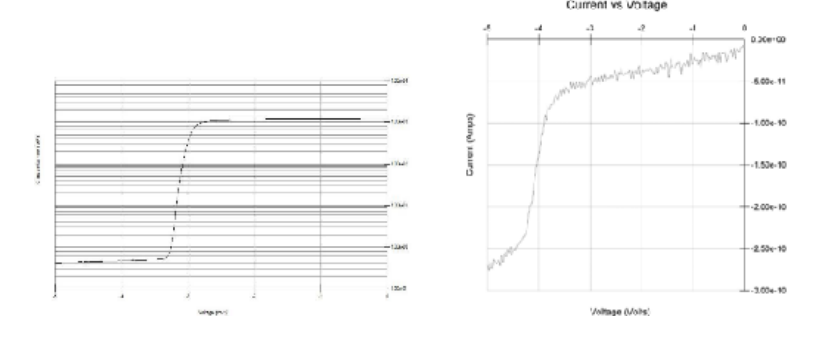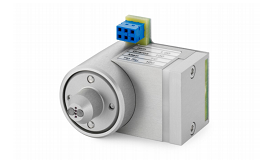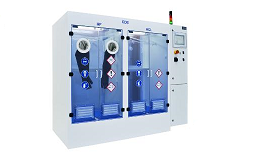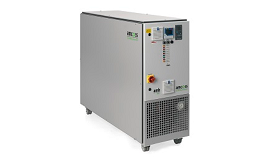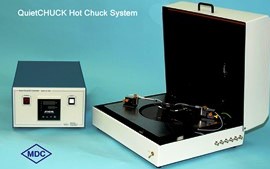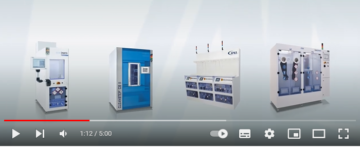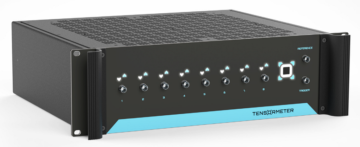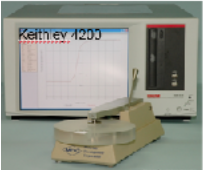
Features:
– Characterization of thin epitaxial layers grown on silicon.
– Thin-film characterization screening tool to conduct rapid integrity tests on various substrate surfaces.
– Mercury Probes connect to C-V plotters, doping profilers, computerized semiconductor measurement
systems, or the MDC software CSM-WIN
– Resistance can be measured on thin films composed of any material that does not react with mercury
such as metals, semiconductors, oxides, and chemical coatings
– Mercury Probes can measure oxidized or bare Silicon wafers
– For MOS devices a darkbox is available to prevent light interference.
– Includes a complete set of manuals and comprehensive on-line help
– The software allows for custom system parameters, meter selections, on-line calibration guide
– MDC-CSM/Win software can measure Mobile Ions, Lifetime, Gate Oxide Integrity, Interface Traps /
Shallow or deep traps, Quasi-static, Multi-frequency, Thin oxides.
Options:
– High voltage up to 500V for SiC, GaN
– HEMT software for GaN
Benefits:
– Perform rapid, non-destructive electrical characterization of non-metallized planar semiconductors:
SiC, GaAs, 2DEG, GaN, AlGaN, InP, CdS, InSb, etc.
– Avoid special metallization step which takes several hours with alternative methods
Safety / Environmental
– A mercury probe can be safely used in the usual laboratory or production environment
as it generates less than standard Mercury concentration of 0.05mg/m3.
– Standard ventilation is recommended for storage and replacement.
– No Mercury is applied without a loaded wafer
– The automatic PURGE position passage assures removal of the Hg on the platform
– The Mercury probe system eliminates air exposure of Mercury in the OFF position
Application #1:
Carbon Nano Tube Thin film with ultra-low to hi-k on Si with various p-doping levels.
– Equipment used: Mercury probe, E4980, MDC CSM-Win software
– Results: CV, IV, Conductance, Permittivity, Loss tangent, Interface trap density Dit

Application #2:
SiO2, HfO2, Silicon substrate p- or n-type, Epi doping
– Equipment used: Mercury probe 802C-200, Darkbox, E4980A, MDC CSM-Win software
– Results: CV, IV, flatband voltage, threshold voltage, oxide layer charge, Interface trap density Dit
The theoretical plot is generated from actual data assuming uniform doping and a flatband voltage of the
metal-semiconductor work function.

Terman High Frequency or Kuhn QS/HF Dit: or Variable Frequency Dit:
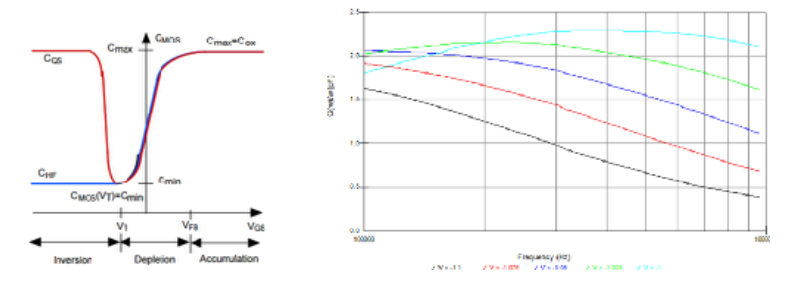
Application #3:
AlGaN based HEMT Structures
– Equipment used: Mercury probe 802B-200x, Darkbox, E4980A, Keithley 2400, Multiplexer,
HEMT CSM-Win software
– Results: CV high / low frequency, IV
